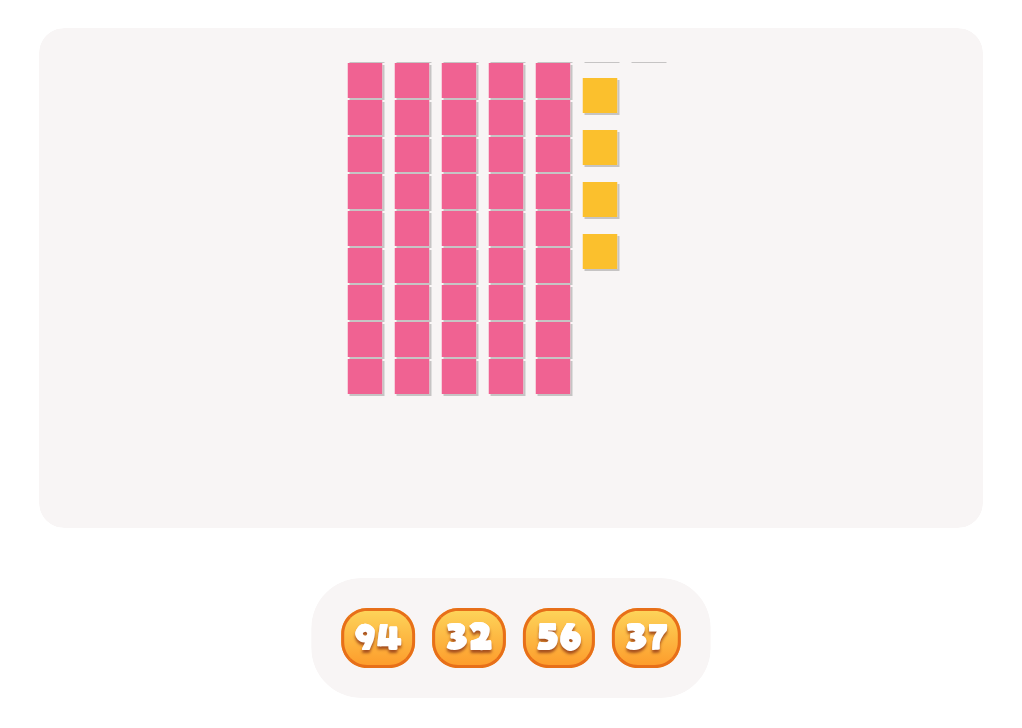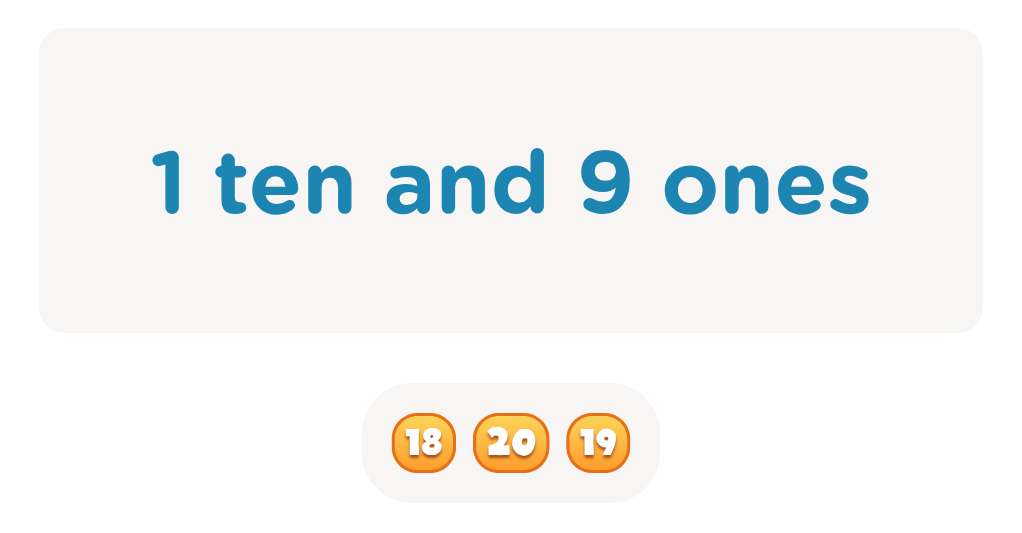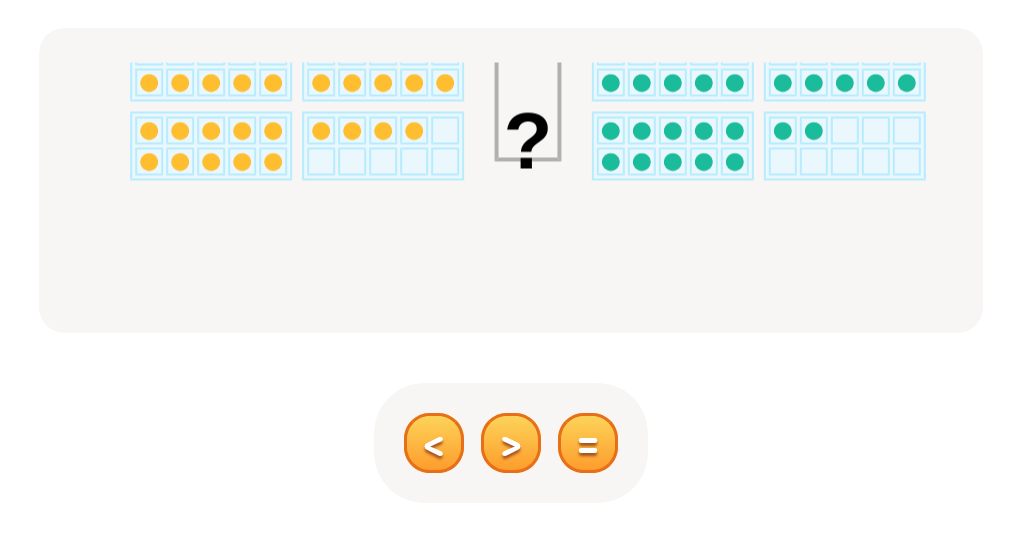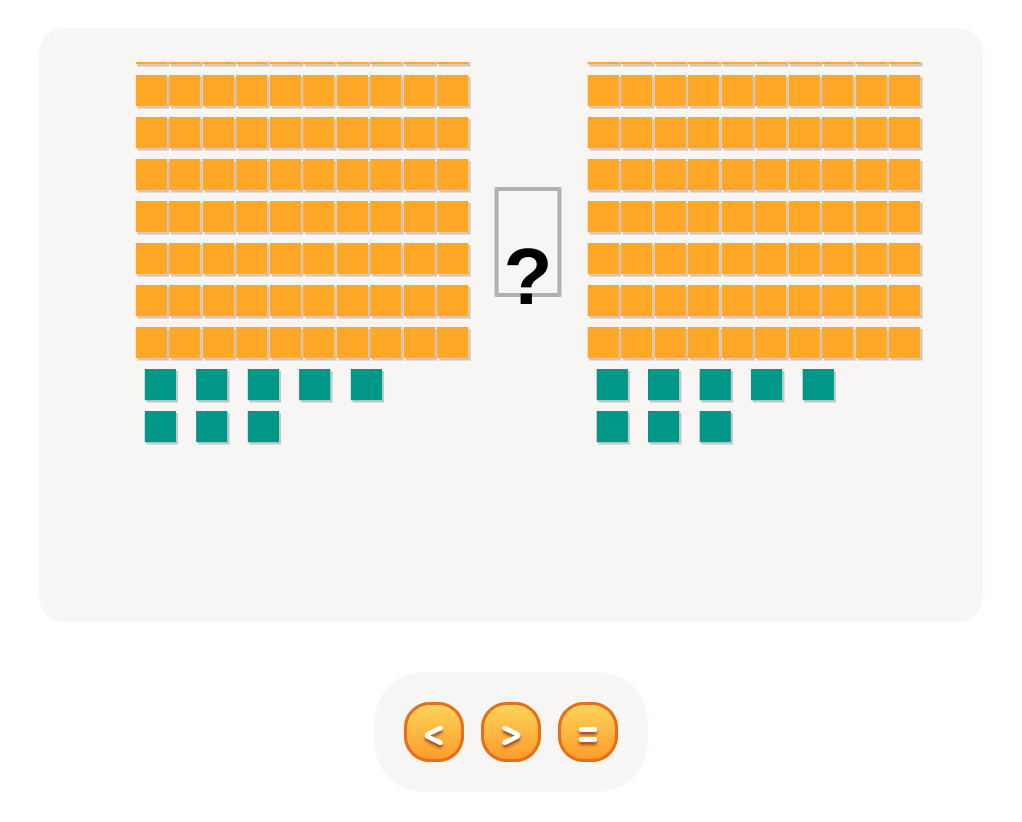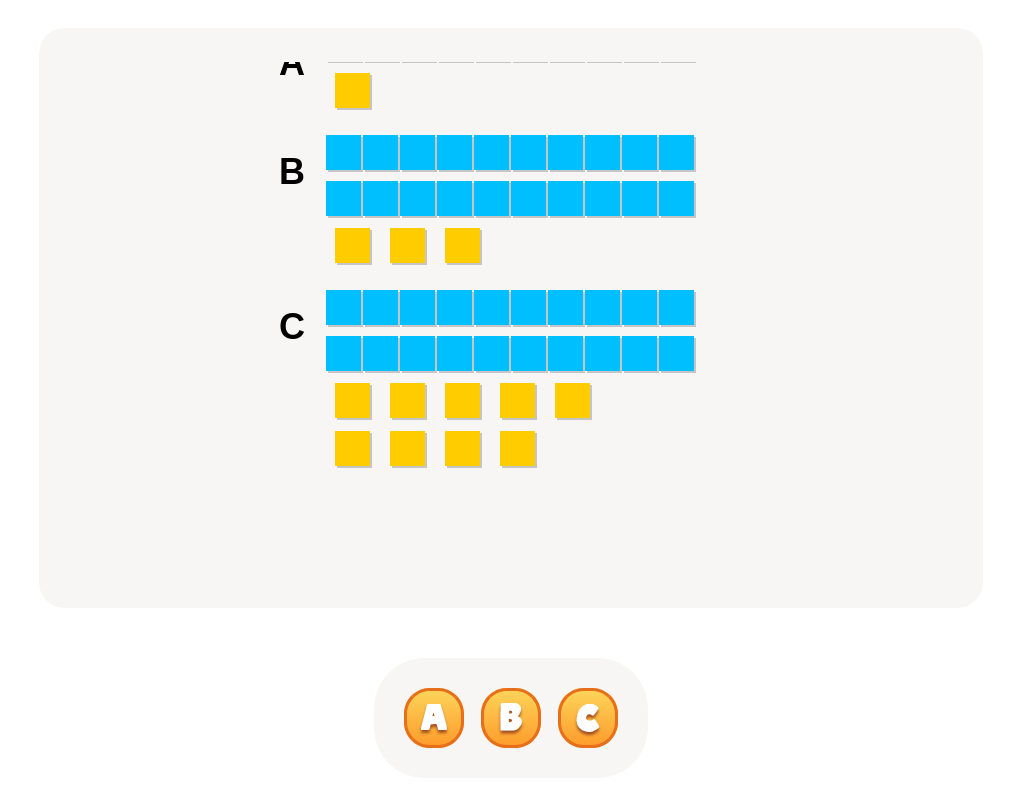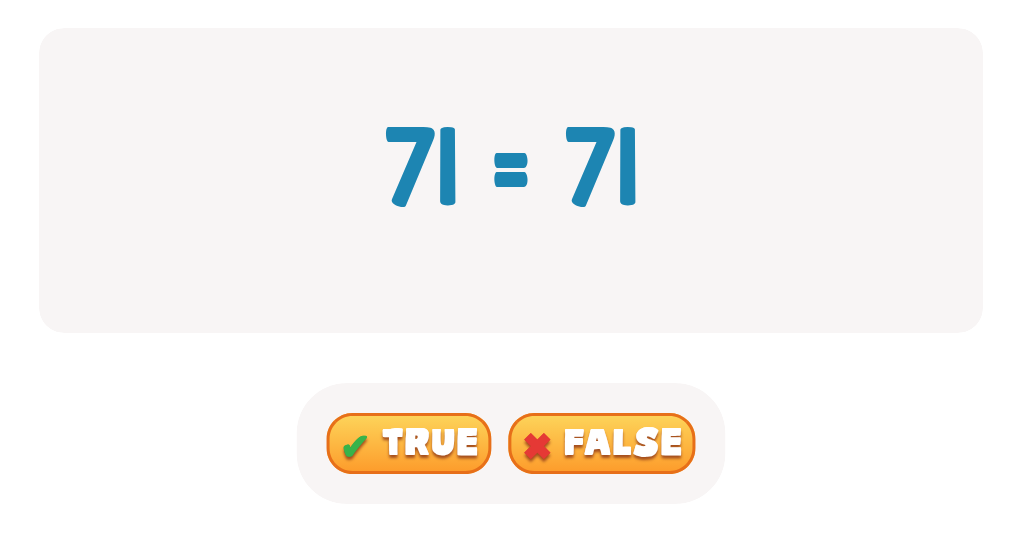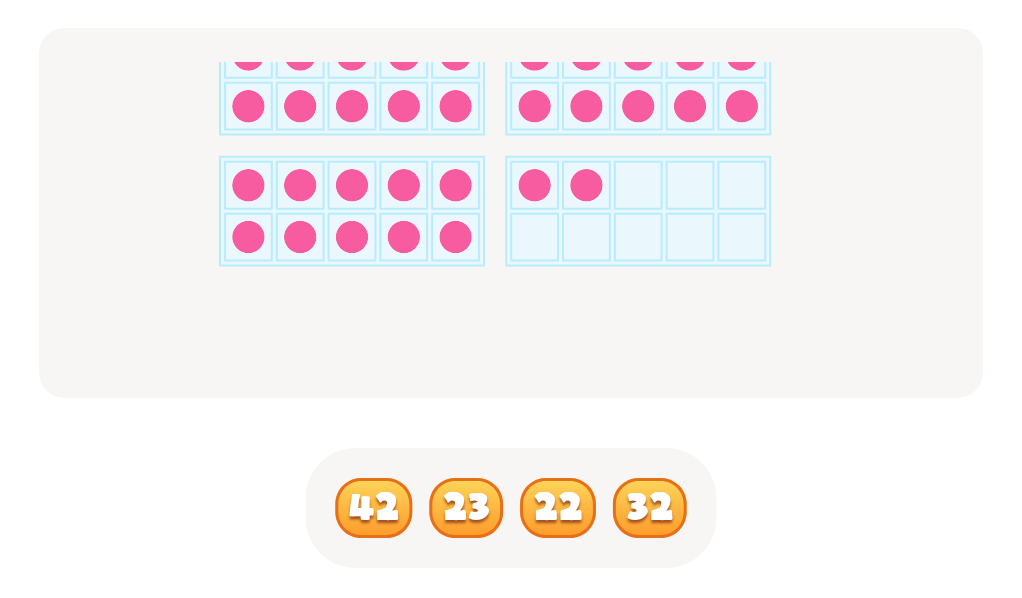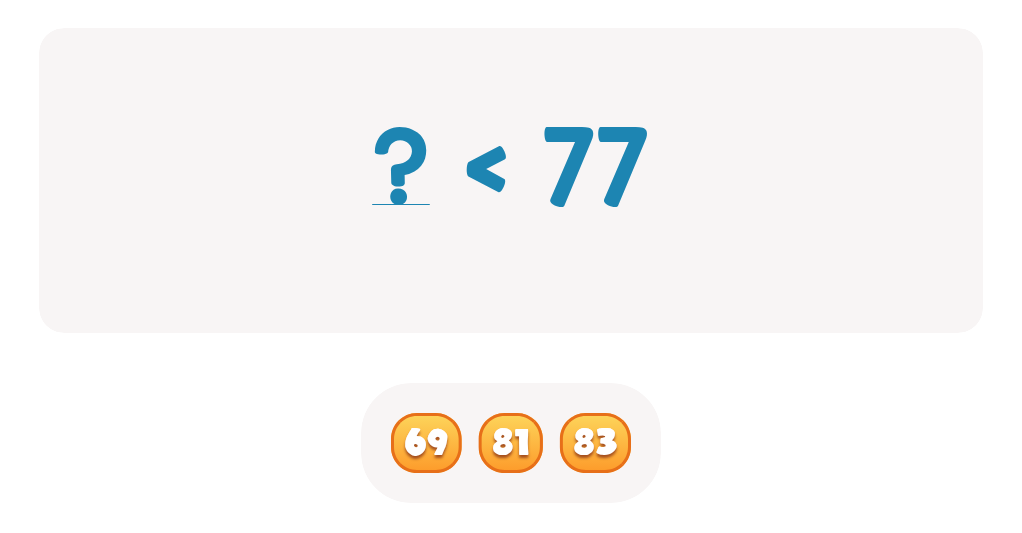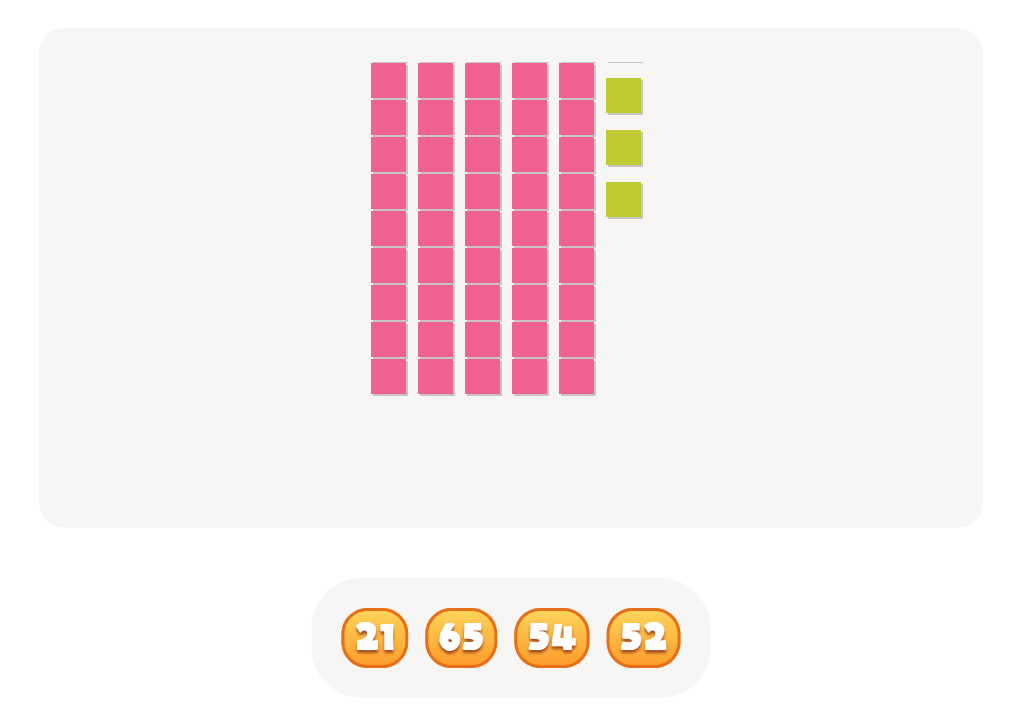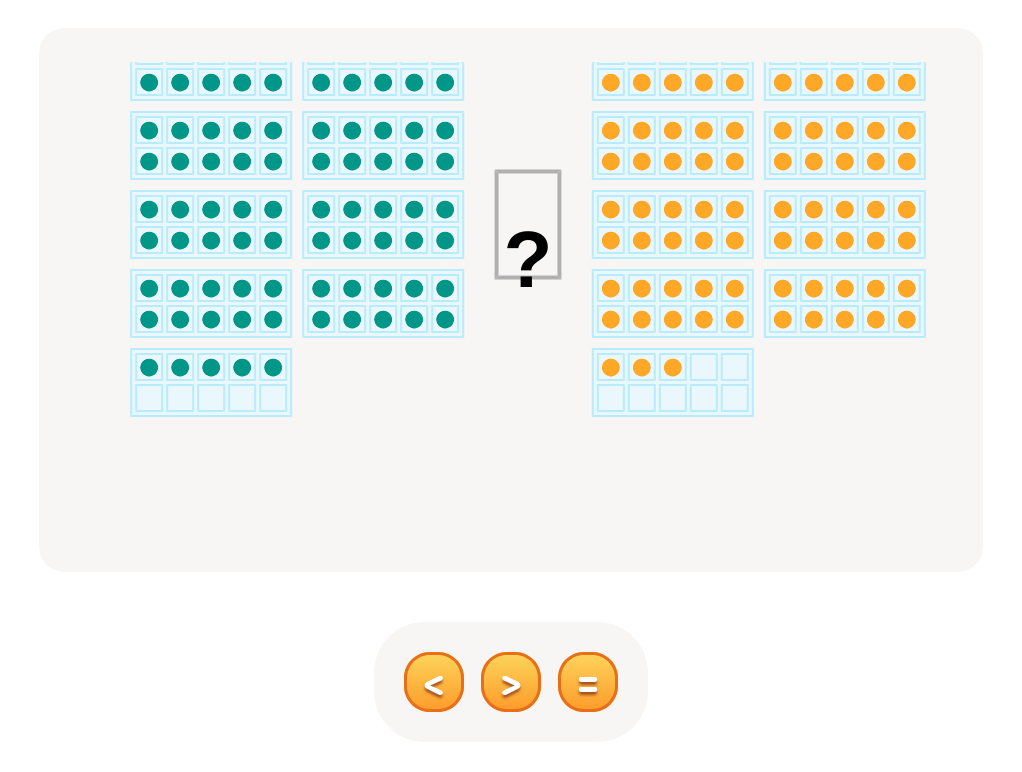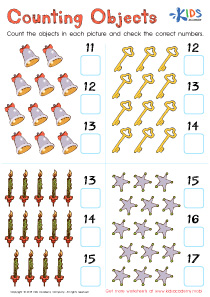Enhancing Counting Skills Normal Place Value Worksheets for Ages 5-8
3 filtered results
-
From - To
Discover our engaging "Enhancing Counting Skills Normal Place Value Worksheets" designed for children ages 5-8. These interactive worksheets help young learners master key mathematical concepts while building a strong foundation in place value. Each activity focuses on counting, identifying, and comparing numbers, ensuring effective practice in a fun way. Ideal for both classroom use and home learning, our materials cater to various learning styles, fostering confidence and enjoyment in math. Encourage your child's growth in numeracy skills with these thoughtfully crafted resources that promote comprehension and retention, making learning an enjoyable adventure! Explore our collection now and enhance your child's counting journey!
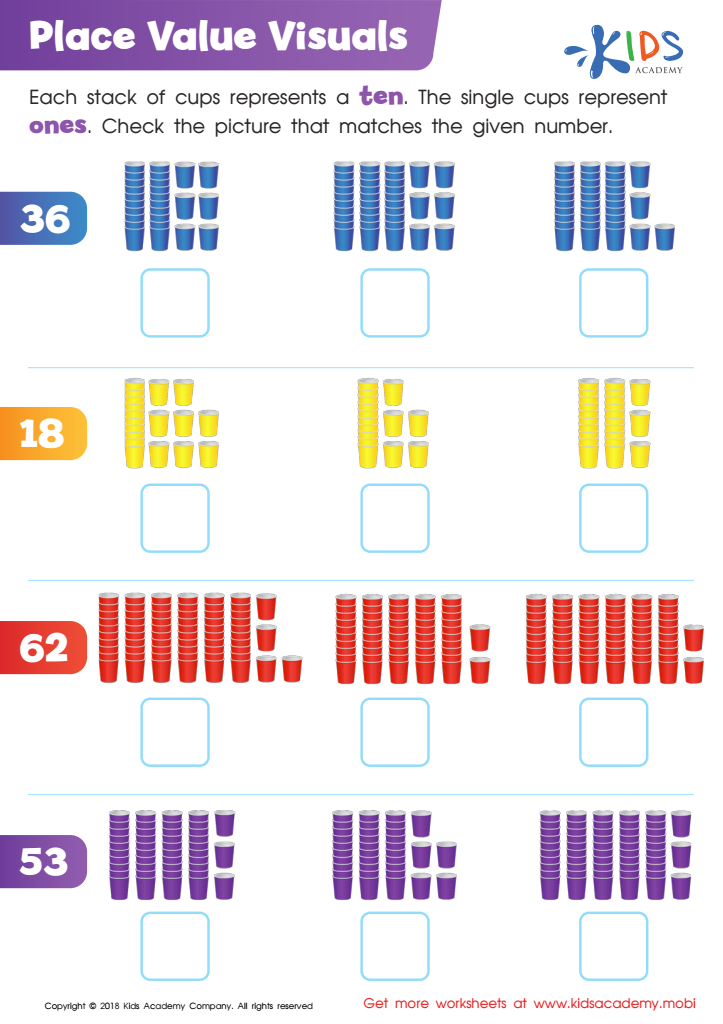

Place Value Visuals Worksheet
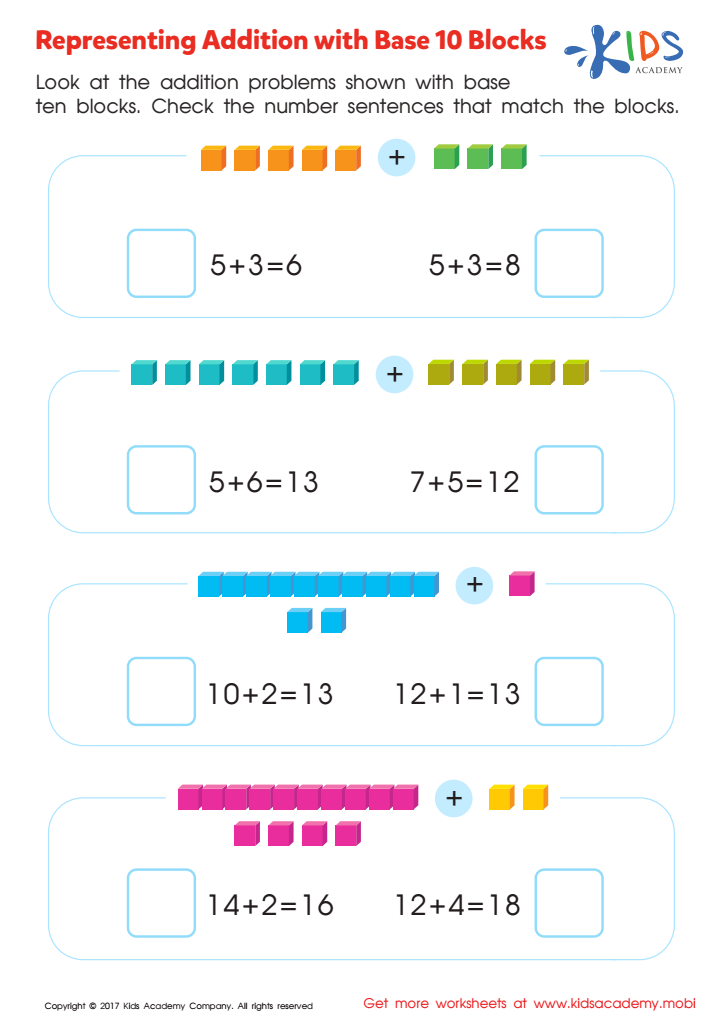

Representing Addition with Base 10 Blocks Worksheet
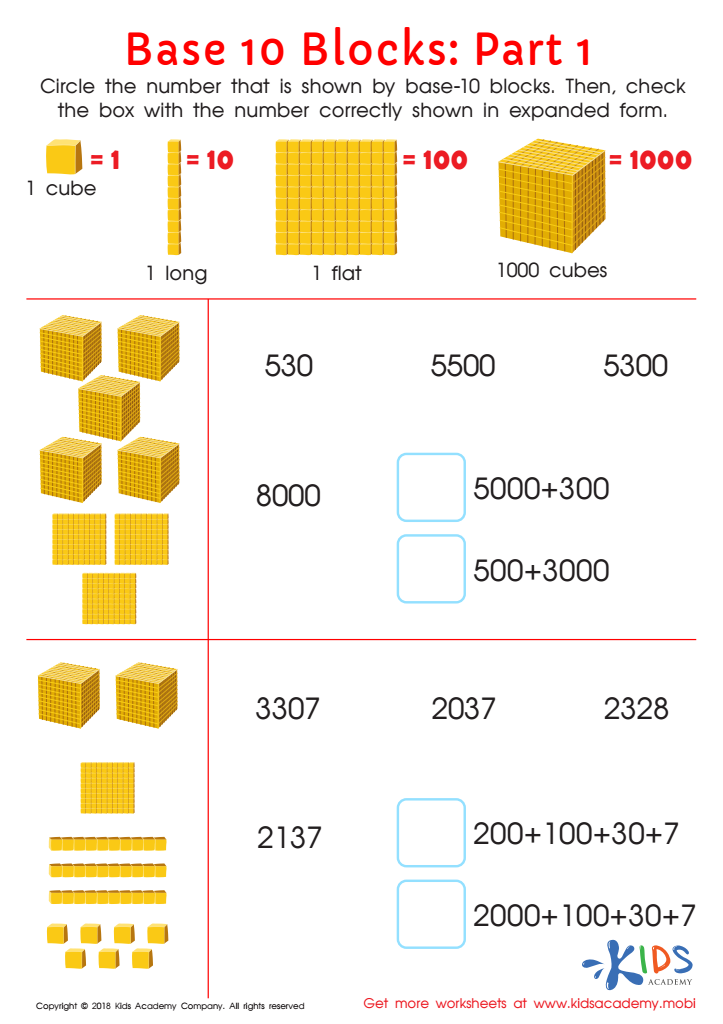

Base 10 Blocks Worksheet: Part 1
Enhancing counting skills and understanding place value is crucial for children aged 5-8 as it lays the foundation for their future mathematical learning. During these formative years, children develop essential numeracy concepts that facilitate problem-solving, logical reasoning, and critical thinking.
Firstly, strong counting skills enable children to grasp basic arithmetic operations like addition and subtraction. By reinforcing counting strategies, parents and teachers provide children with the tools to tackle more complex mathematical concepts later, such as multiplication and division. Furthermore, a solid understanding of place value ensures that children recognize the significance of each digit in a number, enhancing their ability to compare numbers and perform calculations accurately.
In addition, these skills promote confidence in young learners. When children feel capable of counting and understanding numbers, they are more likely to engage in math-related activities and discussions, fostering a positive attitude towards mathematics. Support from parents and teachers in enhancing these skills can also bridge potential learning gaps, ensuring that all children are prepared for the increasing complexity of math as they progress in their education. Thus, instilling these fundamental skills is essential for both academic success and developing a lifelong appreciation for mathematics.
 Assign to My Students
Assign to My Students
